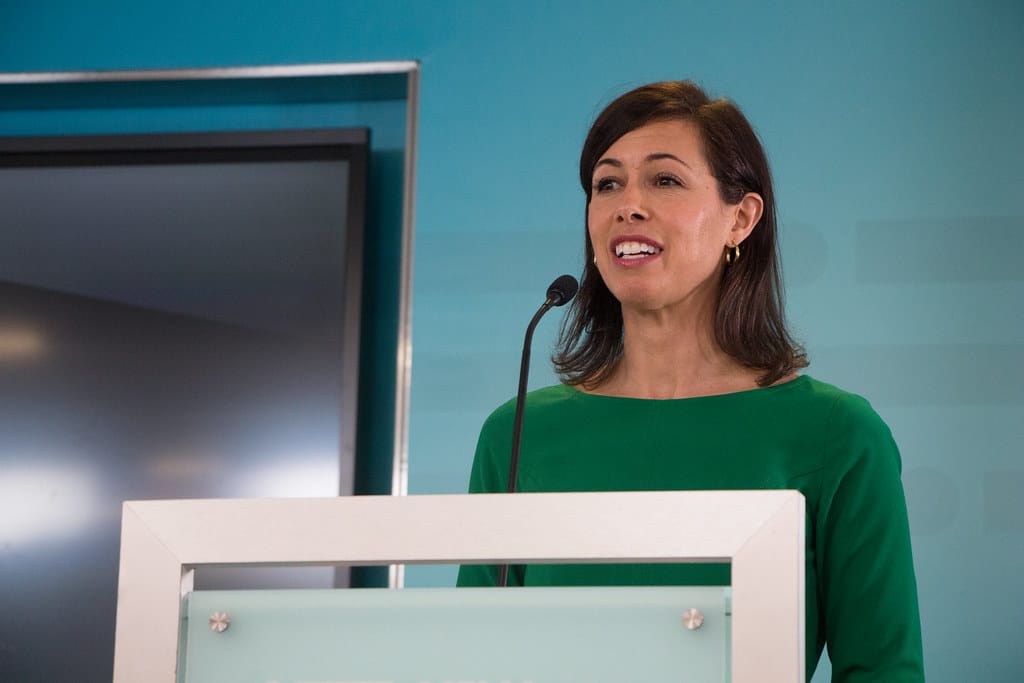FCC Task Force Against Discrimination, High Fixed Download Speeds, Broadband Prices Decline
Cross-agency task force to focus on policies to combat digital discrimination and promote equal access to broadband

February 8, 2022 – Federal Communications Commission Chairwoman Jessica Rosenworcel announced Tuesday the formation of a cross-agency task force that will “focus on creating rules and policies to combat digital discrimination and to promote equal access to broadband across the country, regardless of zip code, income level, ethnicity, race, religion, or national origin,” according to the press release.
“Your zip code should not determine access to broadband—which this pandemic has proven is a must have, just like electricity or water,” Rosenworcel said in the release.
This announcement comes in the wake of the recent Infrastructure Investment and Jobs Act, which was passed in November of last year.
According to the act, the FCC must adopt rules and policies that foster digital equity and prevent digital discrimination.
The FCC will also revise its public complaint process to “seek feedback more prominently” from those who “may be facing digital discrimination in their communities,” according to the press release.
These initiatives will be completed by November 2023.
U.S. has faster fixed download speeds than 98 other countries
The United States has faster fixed download speeds on average compared to 98 other countries, according to a new analysis released on Monday.
The analysis, titled A Comparative Analysis of Fixed Broadband Speeds in Cities Across the World, Phoenix Center Chief Economist George Ford compared fixed broadband speeds across 4,480 cities around the world from 98 different countries and found that the United States has download speeds that “are faster than in other nations, on average.” Upload speeds had “mixed” results, “though differences are often small,” according to the study.
“Across many cities located in nearly one hundred nations, U.S. broadband speeds are found to be well above average,” said Ford. “The evidence belies the claim of lagging broadband speeds in the United States.”
Broadband prices have decreased across all download speeds over the past six years
In a look at pricing data from 50 national and regional internet providers over the past six years, an aggregator of broadband data BroadbandNow found that prices overall have “fallen since 2016.”
The analysis found that the price percentage decrease for each speed, with the 25 Megabits per second (Mbps) to 99 Mbps band declining by 14 percent, 100-199 Mbps dropping by 33 percent, 200 to 499 Mbps declining by 35 percent, and the 500-plus Mbps band dropping by 42 percent.
The analysis also found that “highest speed plans” had the biggest drop in price, “fiber tends to be cheaper than cable for most high-speed plans,” and “local prices are reflective of competition.”
Last week, Acting Rural Utilities Service Administrator Chris McLean said that his agency has funded more miles of fiber than power lines in the past two fiscal years.










